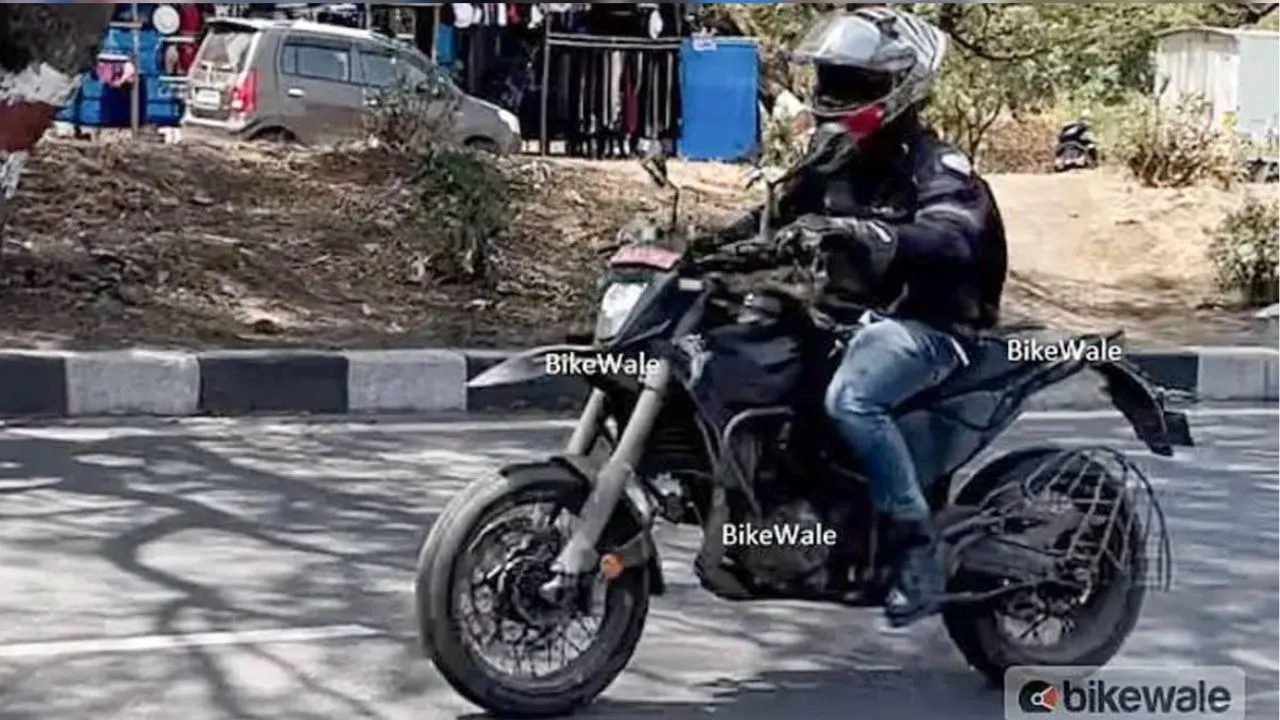The Motor Vehicles Amendment Bill 2019 benefits us all
The Minister of Road Transport and Highways, Nitin Gadkari, pushed the Amendment Bill through the Lok Sabha, and now the Rajya Sabha has passed the Bill into law. To say that it’s been a long time coming would be an understatement.

The Motor Vehicles Amendment Bill 2019 has finally been passed into law.
The Minister of Road Transport and Highways, Nitin Gadkari, pushed the Amendment Bill through the Lok Sabha, and now the Rajya Sabha has passed the Bill into law. To say that it’s been a long time coming would be an understatement. The Lok Sabha passed an Amendment Bill in 2017, but the Rajya Sabha never got down to tabling it. The Bill then lapsed due to the dissolution of the 16th Lok Sabha, and had to be reintroduced once again.
It’s no secret that our roads are the most dangerous in the world – taking the lives of 150,000 people every year. The new Bill amends 68 of the 92 clauses in the existing 1988 Act, and aims to enforce far stricter punishment and fines for offenders – of whom there are many on our roads.
As road users, and citizens of this country, the passage of this Bill affects us all. The only way to ensure safer roads is to enforce the rule of law. Enforcement is, of course, crucial, but it’s meaningless if the laws themselves are outdated and inadequate. Take Section 279, for instance, the maximum penalty for rash driving was 6 months in prison (which is handed out only in extreme cases) or a fine of 1,000 Rupees.
Last year, I got a first-hand look at just how ineffectual Section 279 really is. My car was badly damaged while parked outside my house. The perpetrator sped away in an inebriated state – but not before the entire incident was captured on CCTV. To cut a (very) long story short, a call to 100 yielded a surprisingly quick response, and before too long the offending driver was found, and the car was in custody. The driver was later booked under Section 279 of the IPC.
Off the record, I was told by a police officer that the laws are essentially a carryover from the British Raj. At the time, they were the only ones who had cars, and the natives were, well, expendable – so the system was designed to protect the perpetrator! Surely, after 72 years of independence, we’ve learned how to finally extricate ourselves from this hangover of oppression.
The Amendment Bill not only raises the penalty for violating Section 279 by a factor of five, but the Bill does also, for the first time, encompasses cab aggregators, protects good Samaritans, enables the government to force an automaker to order a recall if needed, enables guardians of juveniles who drive illegally to be held responsible and makes impeding emergency vehicles a punishable offence – to name just a few additions to the existing Act.
If we’re serious about dropping the infamous tag of having the most dangerous roads in the world, this is a good place to start – but it is just that, a start. There’s much to be done, and it’ll only be achieved if we each play our part…
Also read - The automotive industry is no longer predictable























Write your Comment on